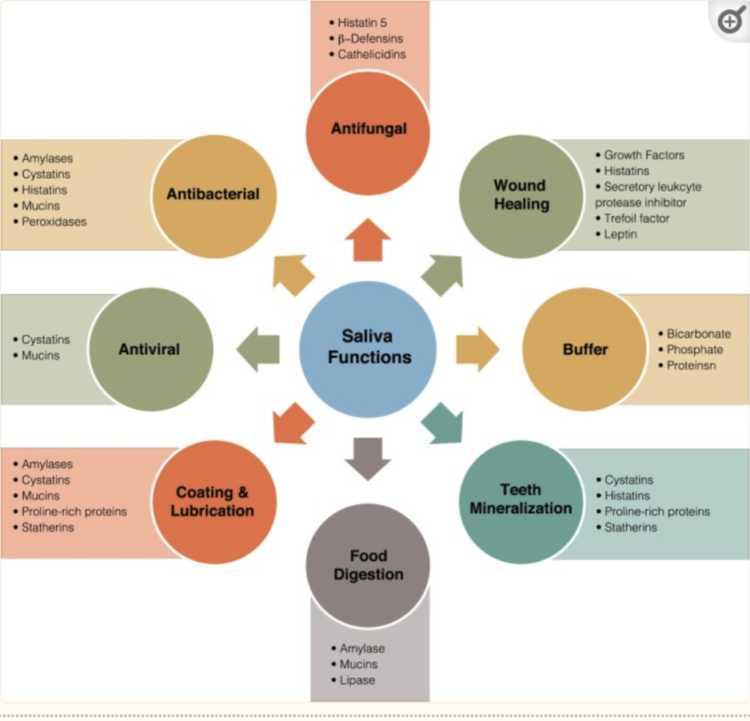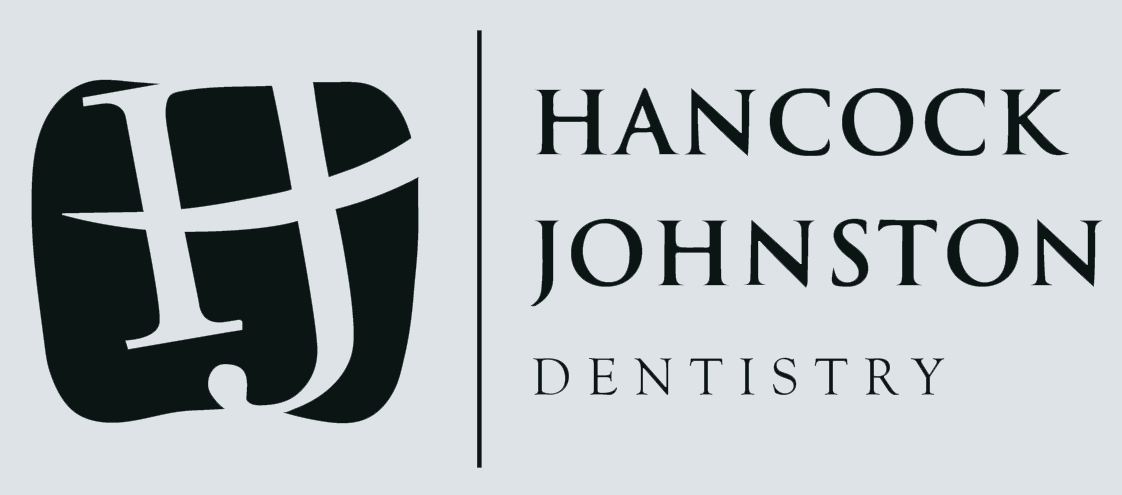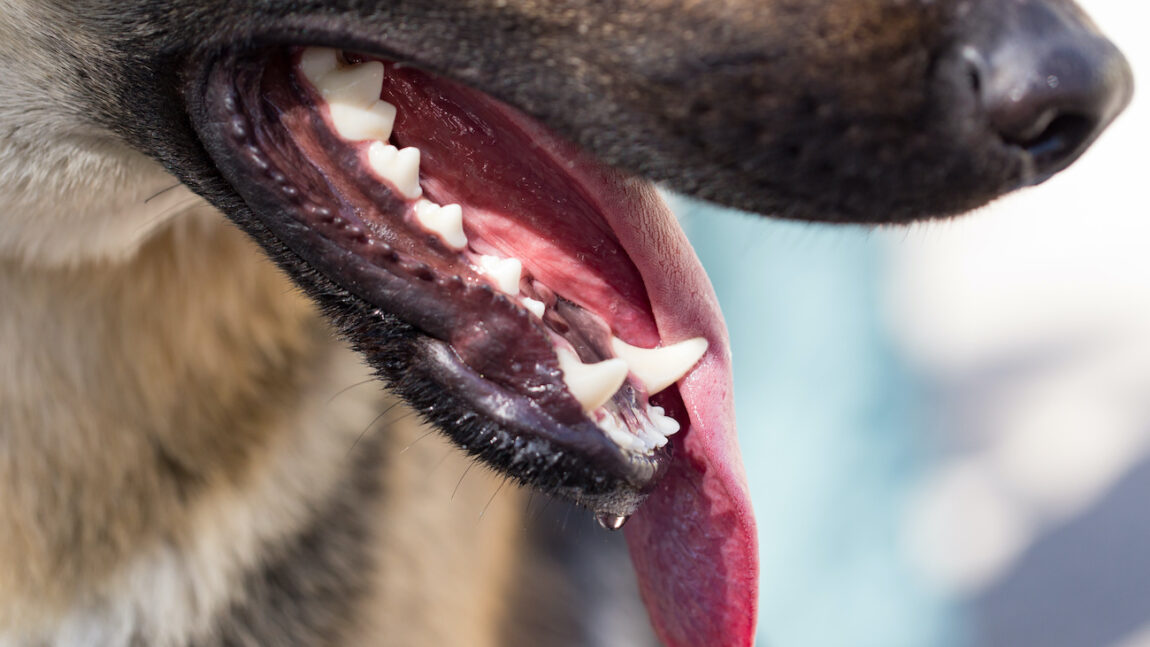Have you ever stopped to think about how much saliva your mouth produces each day? It’s an impressive amount — up to 4 pints! Saliva plays an important part in your oral health. Consider saliva to be the bloodstream of your mouth, helping to build and maintain your oral ecosystem (along with brushing and flossing and regular visits to the team at Hancock and Johnston Dentistry, of course!).
Saliva Helps Clean Teeth
Before you even think about brushing your teeth, your saliva is helping to clear your teeth and gums of food particles after a meal or snack.
Saliva also acts as a natural mouth disinfectant! It has antimicrobial and cleansing properties, including compounds such as hydrogen peroxide, lactoferrin and lysozymes. This serves as your body’s first line of defense against any bacteria entering your mouth. If your mouth becomes dehydrated, bacteria — and cavities — can thrive.
It’s also well known that the mouth heals much faster from injuries or dental procedures than wounds elsewhere on the body, and you can thank saliva’s wound-healing properties for this, as well.

Saliva Helps Strengthen Teeth
Saliva is made up of 99% water, but the other 1%? Electrolytes and proteins!
Ions such as calcium, fluoride, potassium and phosphate help keep your teeth strong by protecting tooth enamel and remineralization, and preventing decay and gum disease. These ions also keep your mouth’s pH level in check.
You likely have never noticed, but your mouth prefers to be at or near neutral pH (around 7). If your pH is off, it can lead to bacterial growth in your mouth. Acidic pH gnaws away at your teeth and causes cavities.
Acidic and sugary foods both can cause an imbalanced pH. There are a few things you can do to help counteract this in addition to limiting sweets and beverages such as soda and coffee.
- Do not brush your teeth immediately after consuming acidic foods/drinks; the enamel will be weakened. Instead, drink water directly after. Water will regulate the pH.
- Eat alkaline foods such as milk, cheese and yogurt to balance your saliva.
- Chew sugar-free gum to stimulate strong saliva flow, neutralizing your pH levels.
Saliva Helps Prevent Infections
All of the mouth-healing properties mentioned earlier also help prevent cavities and infections.
Saliva dilutes sugars and acids in the mouth, buffers the teeth with steady pH, balances remineralization and antimicrobial properties all to keep your teeth healthy and strong.
But not only does saliva flow aid in tooth health, a lack of saliva flow can lead to health problems such as tooth decay and infections.
Dry mouth, or xerostomia, is a condition in which you do not produce enough saliva to keep your mouth wet. This can happen to anyone on occasion (when nervous or stressed, breathing with your mouth open). But continual dry mouth, either because of disease or medication, is when you should take action.
With no saliva to keep bacteria at bay and no saliva to wash away food particles, you risk developing cavities and periodontal disease. This can happen at an alarming rate compared to a healthy mouth.
- You can fight dry mouth by trying these tips:
- Chewing sugar-free gum. Chewing causes muscles to compress the salivary glands and release saliva.
- Limit caffeine intake. Caffeine can make your mouth drier.
- Do not use mouthwashes that contain alcohol because they can dry your mouth.
- Stop all tobacco use.
- Sip water regularly.
- Try a mouthwash designed for dry mouth — especially one that contains xylitol.
- Stay away from antihistamines and decongestants.
- Breathe through your nose, not your mouth.
- Use a room humidifier at night.
- Avoid sugary foods and acidic drinks.
- Brush with a fluoride toothpaste.
A Final Word
As you can see, saliva is key to a well-balanced mouth. If you feel like something is off or you’re experiencing dry mouth, contact the Hancock and Johnston Dentistry team to schedule an appointment. We can assess your pH and check your teeth for wear and tear.


